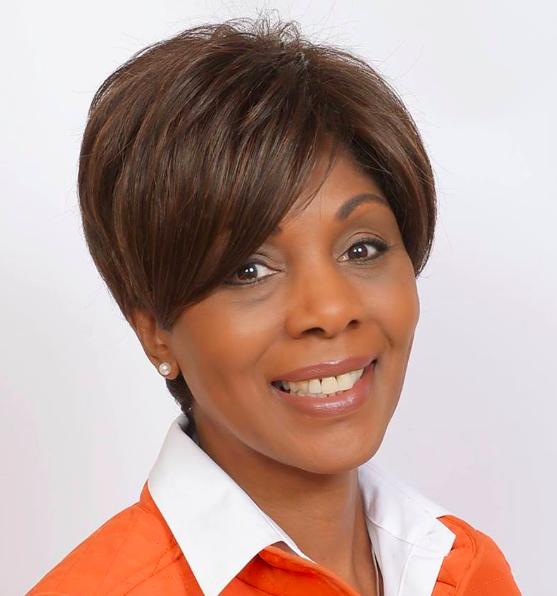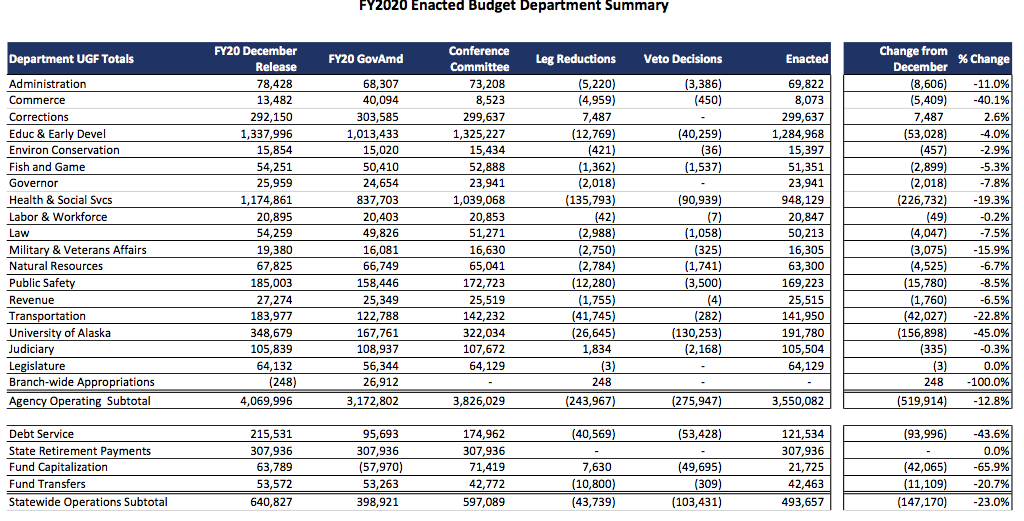By WIN GRUENING
SENIOR CONTRIBUTOR
On July 4, 1776, a year after the outbreak of the American Revolutionary War, steeple bells rang throughout Philadelphia. John Hancock, President of the Continental Congress, had just signed the document later known as the United States Declaration of Independence.
More than a decade later, after the Constitutional Convention in 1787, Benjamin Franklin was asked (as the story goes) what kind of government the Founding Fathers had created behind closed doors in the sweltering heat of a Philadelphia summer. The venerable Franklin, then in his eighties, replied, “a republic, Madam, if you can keep it.”
“Keeping it” or preserving, perfecting, and perpetuating the American democratic republic has always been the overarching concern of America’s greatest leaders.
As Mike Gonzalez, senior fellow at The Heritage Foundation, explains, our Founding Fathers believed adherence to the universal principles of equality, liberty, and limited government contained in these founding documents, as well as the virtues that made our constitutional republic distinctive—thrift, self-reliance, a strong work ethic— would bind Americans together regardless of origin.
George Washington, in a letter to John Adams, stated that immigrants should be absorbed into American life so that “by an intermixture with our people, they, or their descendants, get assimilated to our customs, measures, laws: in a word soon become one people.”
E Pluribus Unum, the official motto in the Great Seal of the United States, exemplifies this desire for unity. In Latin it means “Out of Many, One.”
By 1790, Americans of English stock were already a minority (49.2 percent of the population) throughout the country.
America benefited early on from advantages stemming from the diversity and blending of cultures.
Assimilation became the unifying principle of a country of immigrants. But today it’s considered an ugly word by the politically correct. Instead, the PC crowd argues for multiculturalism. While portrayed as an appreciation for other cultures—something all reasonable people support—multiculturalism has divided America by making ethnic differences more important than being American.
Most immigrants faced prejudice and segregation at times.
Our Founders, however, wouldn’t have thought of remedying such injustice by giving groups special privileges or benefits. Instead, the government strove to provide equal opportunity – leaving responsibility for success or failure to the individual.
Indeed, the history of American immigrant ethnic groups is one of overcoming disadvantage, competing and succeeding, and earning a place in their new home.
John Quincy Adams, in an 1819 letter opined, “There is one principle which pervades all the institutions of this country, and which must always operate as an obstacle to the granting of favors to newcomers. This is a land, not of privileges, but of equal rights….”
This is what makes America exceptional.
35 million immigrants entered the U.S. between 1840 and 1920. Changes in immigration law in the mid-1960s led to another surge in immigration, mostly from Latin America and Asia. The Department of Homeland Security estimates 33.7 million legal immigrants entered the United States between 1970 and 2012.
It’s impossible to argue America is not a welcoming country.
Yet, Hoover Institution Senior Fellow Victor Davis Hanson argues, some are determined to make it less so.
“Our universities and popular culture are at the forefront of salad-bowl and identity-politics policies that obstruct assimilation, integration, and intermarriage — the historical remedies for the natural tensions that arise within multiracial and multiethnic societies. In this perfect storm, at the very moment the world’s poorest citizens from Oaxaca and Central America flooded into America, de facto rejecting the protocols of their home, their hosts’ messaging to them was that they should lodge complaints about the social injustice of their new home and romanticize the culture that they had just forsaken….”
Learning America’s language, history, and laws is not an unnecessary burden. Nevertheless, some Democrat presidential candidates believe this is a structural barrier to immigration. But, being an American citizen cannot simply be a matter of location and desire.
For American immigration to remain the great success story it has been throughout our history, newcomers must adopt American civic values and heritage as their own.
Thus, earning American citizenship, like the Fourth of July, will remain a cause for real celebration.
Win Gruening retired as the senior vice president in charge of business banking for Key Bank in 2012. He was born and raised in Juneau and graduated from the U.S. Air Force Academy in 1970. He is active in community affairs as a 30-plus year member of Juneau Downtown Rotary Club and has been involved in various local and statewide organizations.











